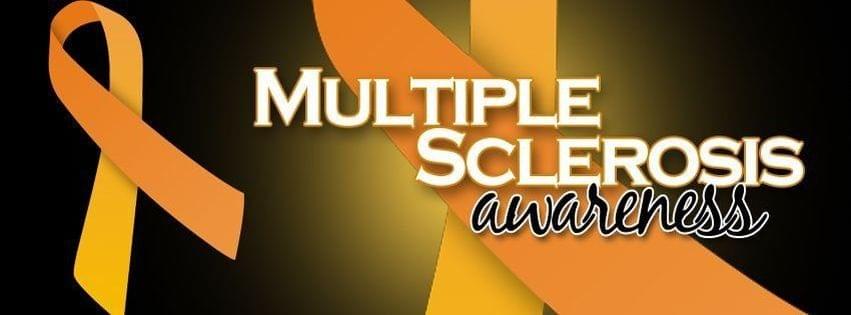
It’s National Multiple Sclerosis (MS) Awareness Month. Unfortunately, many know little about MS. If you are old enough to remember, one may recall the 1990s talk show host, Montel Williams. He often shared his personal experiences about living with the disease. Since then, technology and medicine have improved, and so too has the approach to those living with this crippling disease. However, there is still no cure.
This month, soulWELL turns the spotlight on LaTasha Jackson - a native of Grand Rapids, Michigan, who relocated to Atlanta, GA, in 1994. This mother of three was diagnosed with multiple sclerosis in 2012.
Jackson shares her story.
This interview with LaTasha Jackson has been edited and condensed.
ASJ: THANK YOU for agreeing to allow us to feature you during this Multiple Sclerosis Awareness Month. We do not take it lightly nor for granted the amount of people enduring this crippling disease. Can you share a little bit more about what it is and how it’s affected you?
LJ: MS stands for multiple sclerosis. It’s an auto-immune disease that affects the nervous system. The nervous system is composed of the brain and spinal cord. It affected my balance and my arms and legs, which feel weak. It’s hard for me to do my day-to-day chores sometimes. Some of the initial telltale signs I had were issues with my vision, my balance with walking and, most importantly, my inability to write my name.
ASJ: What are your thoughts on the health care system and the support given to minorities regarding preventative care?
LJ: Your level of income will entitle you to either caviar care or chitlins care. Nothing is wrong with either of the two if that's what your money can buy. Although there are programs out there to assist BIPOC individuals with funding for their care, the amount they receive, may be well below what someone who has insurance would get. Is it fair? That depends on who you ask.
ASJ: As with all medicine and treatment, things are forever changing. Can you tell us more about any new treatment options that are now available and may be more suitable in the treatment of MS?
LJ: Currently, there is no one medication that’s better or worse than another. The medication offered depends on the individual and the discussion with the doctor about which would be most suited to that individual. In terms of medication, you have a choice between oral, infusion, or injection. It's a personal choice. I believe that everyone has do their own research to decide which one would be best.
ASJ: That being said, what encouragement would you offer to those who either may have just been recently diagnosed or are caring for someone that has been diagnosed with MS?
LJ: Join a support group, stay positive, eat healthily and keep up to date with all the latest developments concerning MS.
Seeking resources and support?
National Multiple Sclerosis Society
Website: https://www.nationalmssociety.org/Resources-Support
*Please note: soulWELL advises you to consult with your doctor concerning any treatment, dietary or supplement changes.


